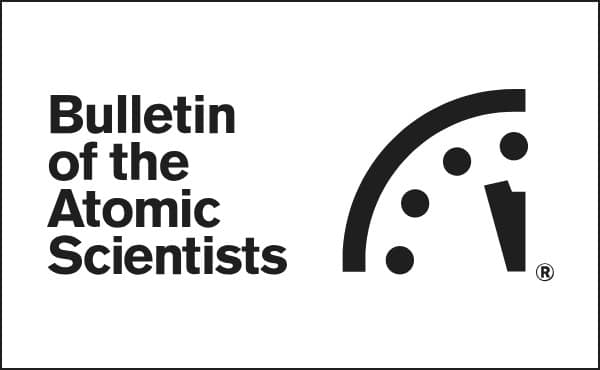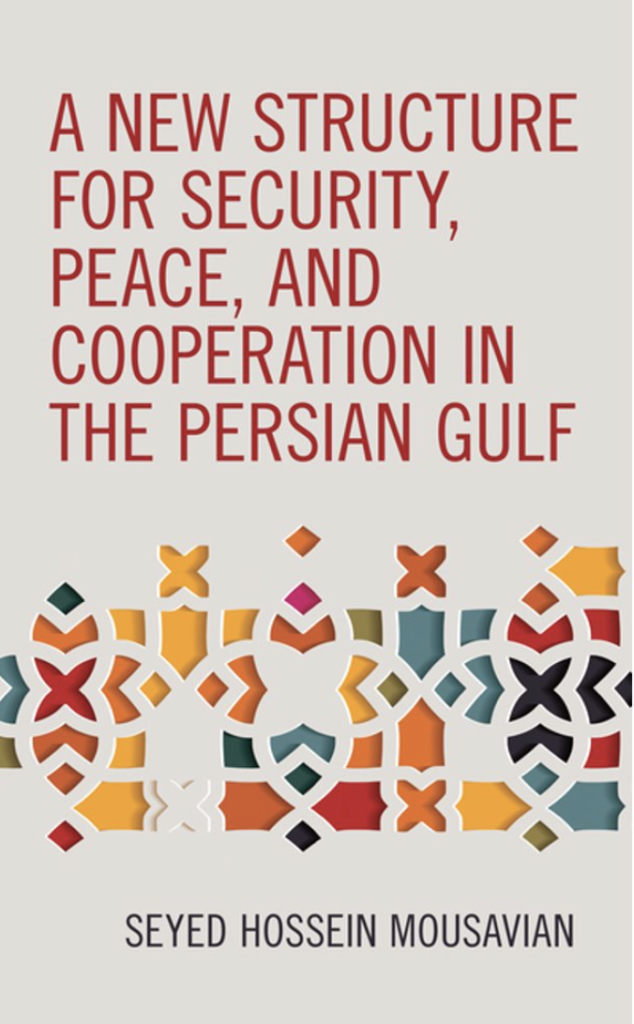Mousavian observed more broadly that, “The core conflict between Iran and the U.S. is about the region and not the nuclear [issue]. The U.S. has tried to isolate Iran, and Iran has tried to undermine that; 40 years of this has been a losing game for both.”
He pointed out that more than one-third of Iranians are living below the poverty line and so the U.S. should, among other things, “focus on economic investment and technological cooperation rather than sanctioning and weaponizing; …establish friendly relations with all countries rather than creating alliances with some countries to fight other countries. support a new regional security and cooperation system in the Persian Gulf, hand over the responsibilities to the regional countries to maintain peace and stability rather than trying to achieve it with tens of military bases and trillions of dollars…[and] promote civilian diplomacy to promote citizen-to-citizen relationships which would respect local culture rather than imposing Western culture.”
He closed by saying, “What America needs today is a new strategy that does not involve wars or regime changes and operations against sovereign states obsessively trying to control everyone in every part of the world. This is my message to this deterrence summit. Thank you.”
There was some applause, but more important, Mousavian should have left all thinking that some elements of past and present American foreign and defense policies might need a second look.



